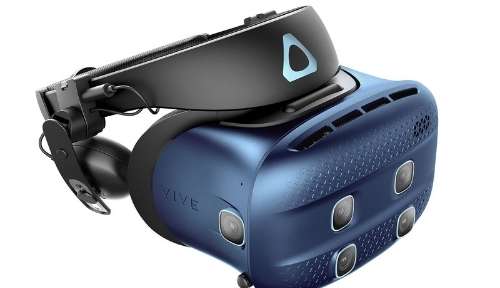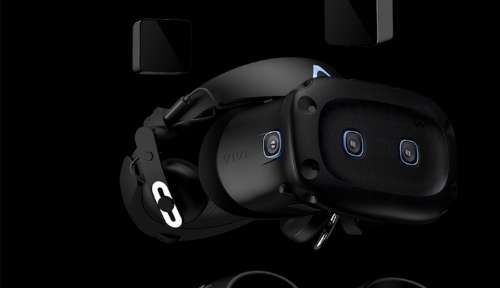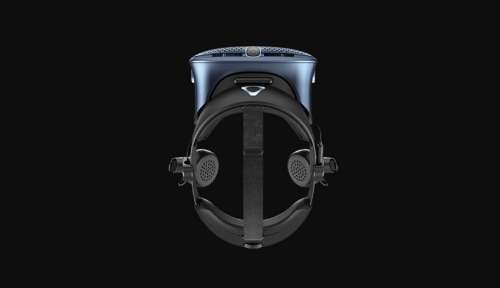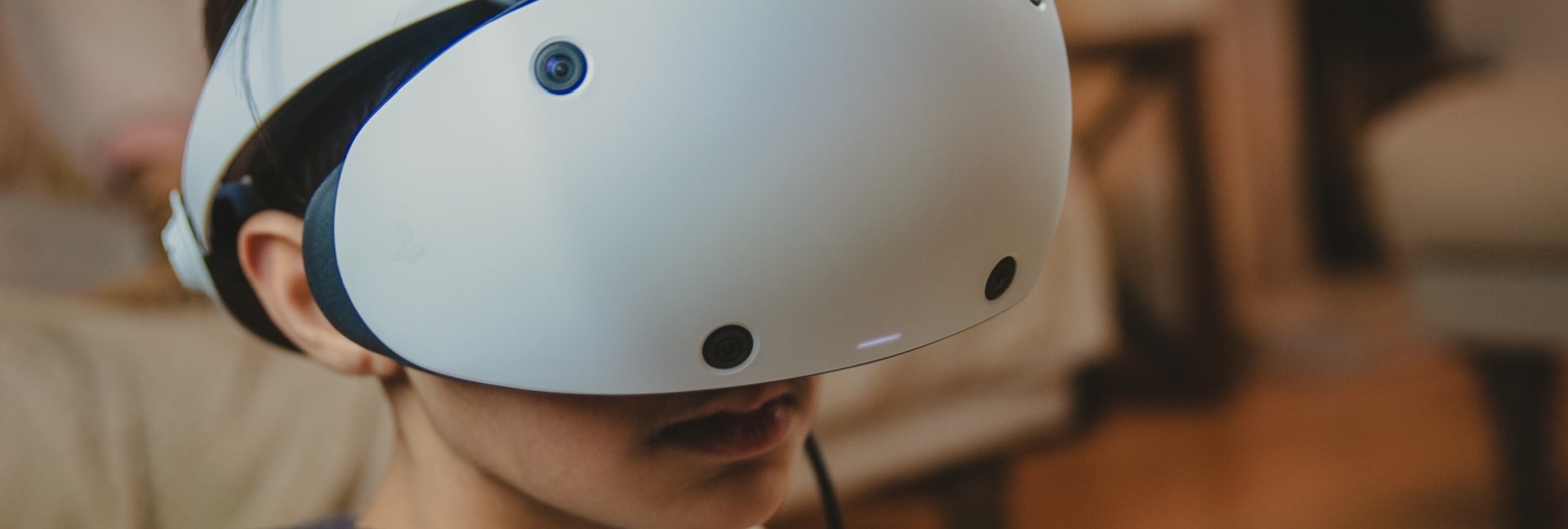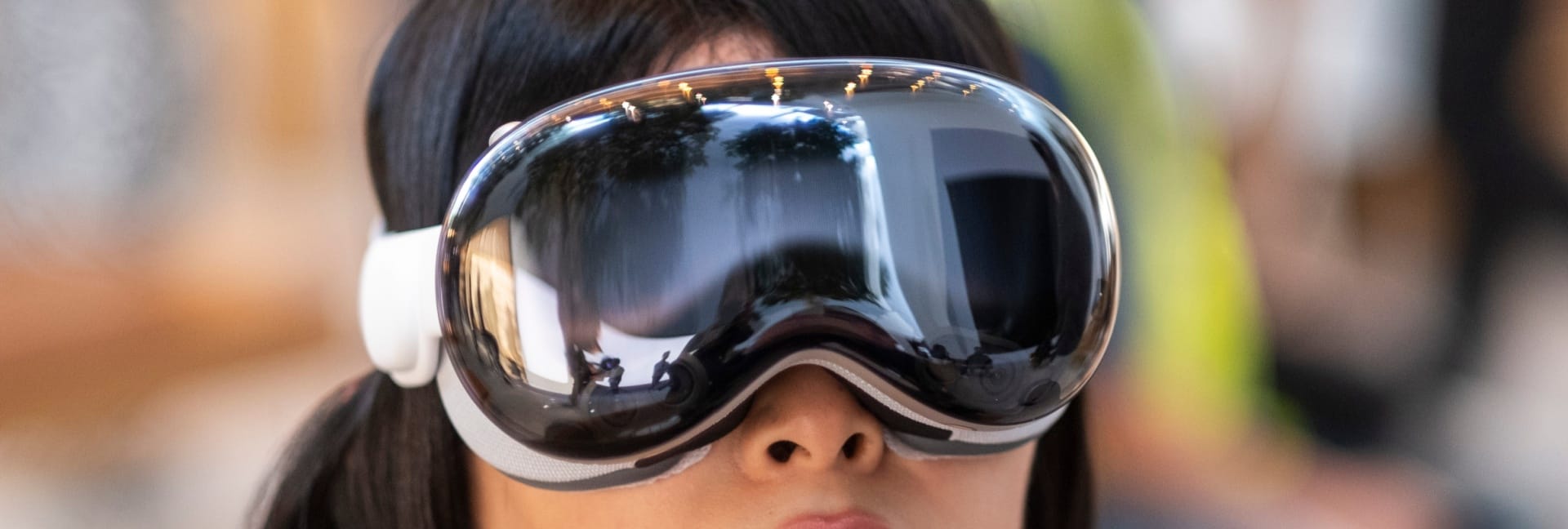
There are surreal tone-deaf presentations, and then there was Facebook Spaces’ promotion, which is an example of Facebook owner and the face of Oculus Mark Zuckerberg misreading the room and the purpose of his technology.
The event, which involved avatars of Mark Zuckerberg and head of social VR Rachel Franklin going through an itinerary of different “spaces”, 360 video and 360 images, included discussions about Oculus Connect, a trip to the moon and a discussion framed by a giant dog. Taking place within Facebook’s virtual reality social media hangout Spaces app, the presentation was probably intended to be an innocent enough conference call or business update, and it is possible had the topics being discussed in a more traditional format there would not have been quite the discomfort and disquiet.
The Animated Disconnect
It started off innocently enough, with happy cartoon avatars of Zuckerberg and Franklin on the top of one of Facebook’s offices, before discussing Facebook’s actions to help aid relief efforts, including data sharing, the Safety Check feature that helped families announce they were okay and a donation of $1.5 million to the Red Cross.
The problem wasn’t the message but the medium. The cartoon avatars’ automatically generated happy faces as they scrolled through a 360 Video of a devastated town in Puerto Rico and discussed how Facebook helped with the relief efforts felt like something out of a satire; it came across as insincere and insensitive advertising of Facebook Spaces, and exploiting a natural disaster to do so.
This doesn’t necessarily mean this was Zuckerberg’s intention, but just how it came off, particularly the awkward way Mark’s avatar was waving towards the flooded streets and proclaiming “It’s like we’re in a flooded area” did not come off well at all. It felt tactless and did not seem to convey the gravity of the situation in Puerto Rico.
Mark Zuckerberg did notice the negative reception to the reception, and posted a response on Facebook apologising to anyone he offended. In the responses to some of the posts , he noted that his intention was to show how powerful empathy is through VR and apologised for not making that clear through the 2D presentation.
Virtual Reality is the Message
This possibly highlights the potential issues for presentations and journalism undertaken using VR. “The medium is the message”, goes the famous quote from Marshall McLuhan, and has perfect resonance here. Virtual Reality fosters a great deal of empathy by making you feel like you are in a space, albeit as a cartoon doppelganger.
This is absolutely fine for the intended use for Spaces, which is a fun hangout for a group of people, using 360 pictures and locations to mess around. Add cartoon avatars to a disaster area and you get something out of Black Mirror.
This could become a major issue in future as an increasing number of journalists and filmmakers tailor their content for virtual reality, something that requires tact to reduce the potential for any VR experience that captures tragedy to come off as mawkish or exploitative.
On the other hand, while this is important for budding VR journalists and documentary makers to think about, the Facebook Spaces debacle could be explained as simple cynicism, with a disaster being used as a tool to sell the VR app or generate discussion, particularly since it came in the wake of Facebook’s annual Oculus Connect event, which generated far more positive news.
Whether it is accidental or by cynical design, using Facebook Spaces to gawk at the aftermath of a natural disaster does unwittingly highlight how powerful virtual reality is as a communicative and expressive medium, and as the medium evolves technologically, what now needs to be considered when producing content.

